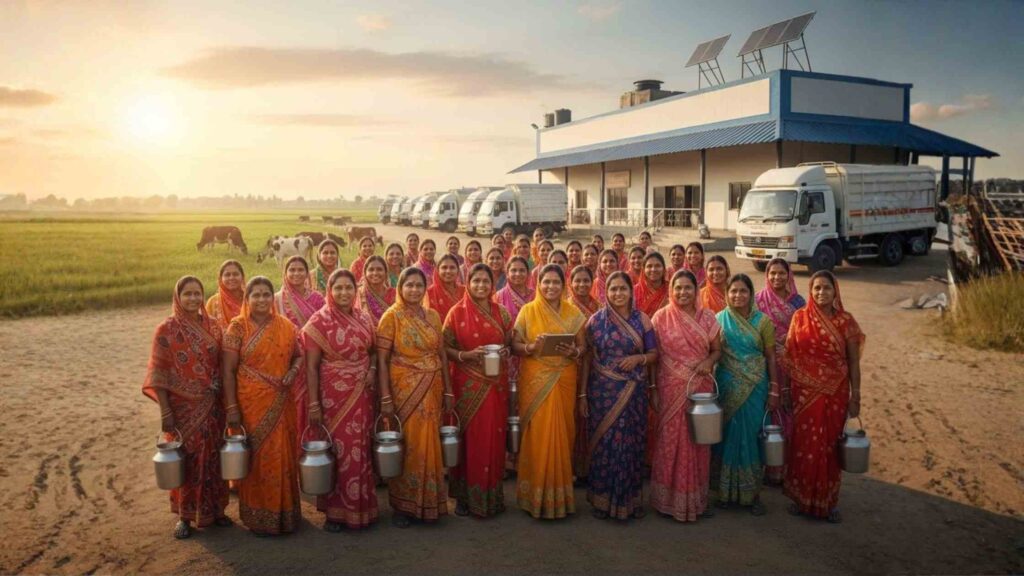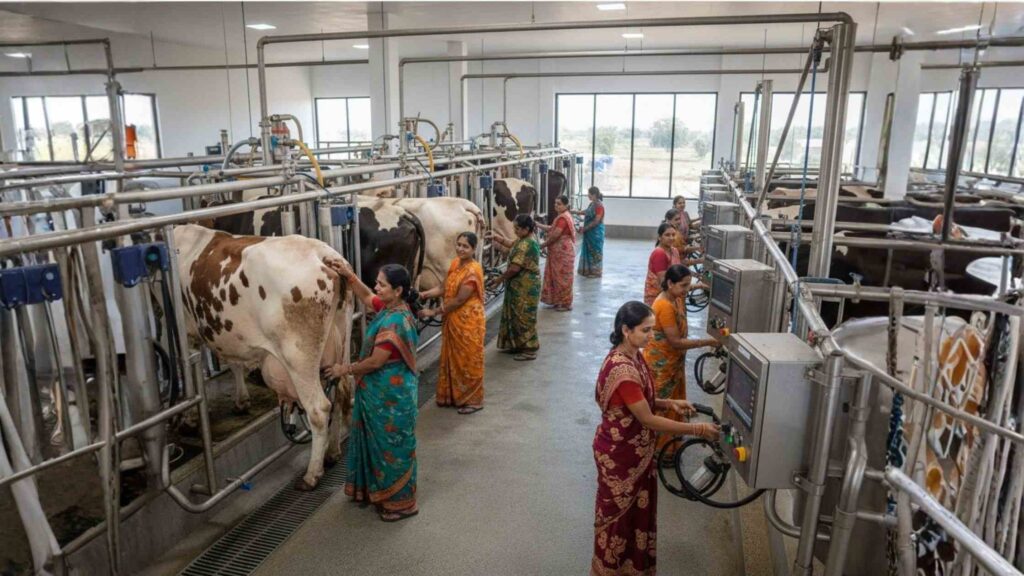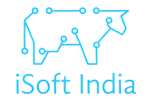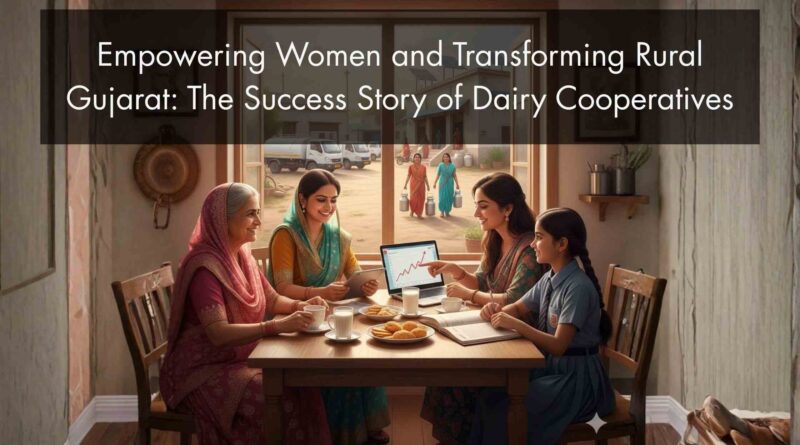Empowering Women and Transforming Rural Gujarat: The Success Story of Dairy Cooperatives
Across the villages of Gujarat, a silent revolution is taking shape. The state’s strong dairy cooperative model is not only uplifting rural livelihoods but also paving the way for women’s empowerment and long-term economic growth.
In 2025, women-run dairy cooperatives in Gujarat achieved a remarkable feat — crossing an annual income of ₹9,000 crore. This milestone is proof that empowering women in agriculture and dairy farming can create both financial stability and lasting social change.

The Growth Behind Gujarat’s Dairy Revolution
Rising Participation and Leadership
The cooperative model has opened new doors for women in the dairy sector:
- Out of 36 lakh total members, nearly 12 lakh are women, showing strong female participation.
- Between 2020 and 2025, the number of women-led cooperatives rose by 21%, from 3,764 to 4,562 societies.
- 82 women now hold director roles across Gujarat’s milk unions, making up around 25% of all board seats.
- The number of women in local management committees also increased from 70,200 to 80,000, marking a 14% rise in five years.
These numbers represent more than statistics — they show how women are becoming central to Gujarat’s dairy leadership and decision-making.

Building Smarter, More Comfortable Dairy Farms
A productive dairy farm depends on the health and comfort of its animals. Automatic fans, ventilation, and sprinkler systems help maintain optimal barn conditions by adjusting to temperature and humidity levels, ensuring consistent cooling and better cow comfort.
To support these efforts, Delmer Group provides advanced heat and health management solutions that promote animal well-being, improve productivity, and enhance farm efficiency.
Strong Milk Production and Steady Growth
Over the past five years, Gujarat’s women-led cooperatives have made impressive gains:
- Milk collection increased from 41 lakh litres per day in 2020 to 57 lakh litres in 2025 — a 39% rise.
- These cooperatives now handle 26% of the state’s total milk procurement.
- Daily income jumped from ₹17 crore to ₹25 crore, pushing the annual turnover beyond ₹9,000 crore, a 43% increase in just five years.
Supporting this progress, Delmer offers modern milking parlours designed for smooth operations, excellent hygiene, higher milk yield, and unmatched animal comfort — helping dairy farms run efficiently and profitably.
Why This Matters for Rural India
Financial Independence for Women
By managing cooperatives, rural women are earning steady incomes, learning financial skills, and gaining confidence in decision-making. This independence uplifts not just individuals, but entire families and communities.
Greater Representation in Leadership
More women are now leading from the front — participating in policy discussions, managing finances, and guiding cooperative operations. Their involvement is reshaping the way rural institutions function.
A Scalable Model for Other States Gujarat’s cooperative system shows how inclusive policies, strong institutions, and community engagement can transform rural economies. This model can serve as a roadmap for other states looking to empower women through agriculture and dairy farming.
Key Drivers Behind the Success
- Institutional Support: Organizations like GCMMF (Amul) have played a vital role in encouraging women’s leadership through training and mentorship.
- Skill Development: Regular capacity-building programs teach women dairy management, finance, and cooperative governance.
- Supportive Government Policies: Gujarat’s commitment to women’s participation in rural development has created a strong foundation for growth.
- Market Access and Branding: Cooperative networks ensure fair pricing and reliable market reach for milk producers.
To promote animal health further and comfort, Delmer’s Cow Comfort Brush offers gentle massaging action, improves blood circulation, and reduces stress — resulting in happier, healthier, and more productive cows.
Challenges and the Road Ahead
Despite the progress, women-led dairy cooperatives still face challenges such as:
- Limited access to finance and investment opportunities.
- The need for stronger market linkages for fair pricing.
- Ongoing training in governance, technology, and management.
- Adapting Gujarat’s model to different regional conditions across India.
Addressing these challenges will help India build a more inclusive and resilient dairy sector — one where women play a leading role in driving sustainable rural growth.
Conclusion
Gujarat’s dairy cooperative movement stands as a testament to how collective effort, institutional support, and women’s leadership can reshape rural economies. With modern farming technologies and comfort-driven solutions from Delmer Group, India’s dairy sector is set to become smarter, more sustainable, and more inclusive than ever.
For more information on modern dairy technologies and farm efficiency solutions, visit delmergroup.com.

